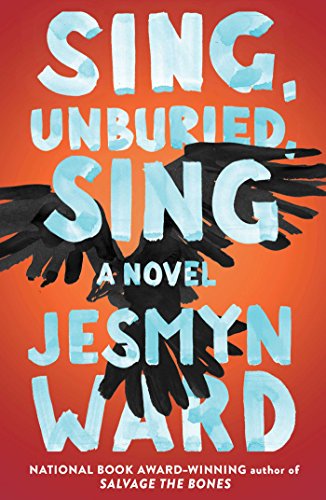After Ruth is charged with a crime relating to the baby’s care in the hospital, Kennedy becomes her defense attorney. Having worked as a public defender for some years, Kennedy considers herself non-racist and without prejudice. Only through her relationship and representation of Ruth does she realize that her hyper-sensitivity to the race issue has never allowed her to actually see the differences that befall similarly situated people of different colors.
Ruth also struggles with the race issue. Chagrined by the fact that her mother still dons a uniform to work as a maid for a rich white family as she’s done Ruth’s entire life, Ruth moves into an upper-middle class, white neighborhood to make a ‘better’ life for her son. Meanwhile, Ruth’s sister, loud, black and proud in the ‘hood, never lets Ruth forget that she’s turned her back on her childhood and heritage.
And Turk? No struggling there. Reading his parts will set your teeth on edge. In the first line of his first chapter, he uses the N word. It is infuriating yet necessary in a book that goes to the heart of racism in this country.
For me, Kennedy’s character was the most eye opening. Her status in life and her views on race and prejudice mirror mine. But she’s forced to take a much harder look at her own prejudices that are just a part of her make up because of the color of her skin and the world into which she was born. She’s not racist, but she doesn’t fully grasp the true differences experienced by a black woman as educated and as accomplished as she until she’s thrust into Ruth’s daily existence.
Picoult, known for gut wrenching ironies at the end of her books, doesn’t disappoint in this one. And even though I saw it coming in Small Great Things, she writes it in a way that still hit like a knockout punch.
If there is a weakness here, it is the legal aspect. There were some pretty big holes relating to liability issues and crimes charged. But those can be overlooked. Racism and prejudice are the focus here, the crimes and the trial just a method of delivering the message.
Small Great Things doesn’t necessarily offer answers but it certainly raises thought-provoking questions about perceptions, white privilege and color blindness. The universal lesson that society could benefit from by reading this book is that, truly, you cannot understand someone else’s perspective unless you’ve actually made an effort to experience it. Not by just thinking about it, but by doing it. Have a friend with a different skin color? Go to a family dinner with him. Attend a church service at her church. Go shopping with them. Don’t have any friends of color? Ask yourself why not.
Published: 2016
Publisher: Ballantine Books
Elizabeth's rating: 4.5 stars





